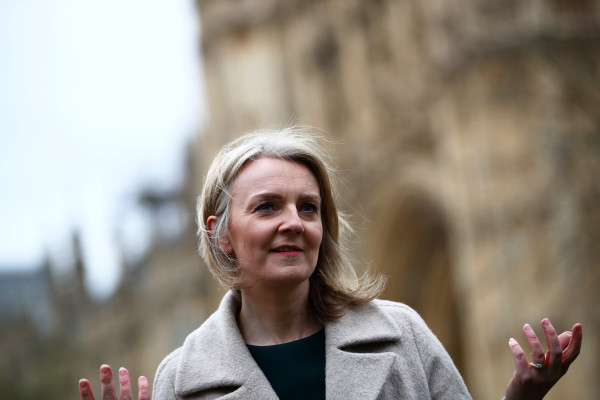He says that food and fuel prices, as represented by commodity prices, are likely to fall in 2023 as the futures markets are already selling those commodities for use next year at prices lower than the current prices.
One example of this is the oil price; data from Wilshire, an index provider, indicates the oil price fell by 10 per cent in August.
Tombs expects that inflation in the services sector will be “stickier” next year, however – services sector inflation is much more impacted by wage costs.
One of Zangana’s reasons for believing that a technical recession could be recorded in the UK this year is the series of extra bank holidays, initially for the Queen’s Jubilee, and latterly for the Queen’s funeral.
Tombs says that the decline in households' real spending power, that is, spending power after inflation is taken into account, may already have peaked, partly as a result of the decline already seen in petrol prices.
He says he expects real household spending power to remain high next year.
Central dilemma
A scenario in which inflation is falling, but still above the target, while consumer disposable income is rising, presents the BoE with a dilemma.
Interest rates have been rising as the central bank focused on getting inflation down.
Inflation that is the consequence of higher energy and other input costs is called supply-side inflation, meaning the costs of bringing goods to market has risen.

Implications for monetary policy are not straightforward, but on balance the BoE will likely tighten its monetary policy more aggressively.
Silvia Dall’Angelo, Federated HermesInterest rate rises are designed to combat inflation by reducing the level of spending power in the economy. This reduction would be expected to happen in one of two ways; firstly because higher interest rates mean higher cost on debt repayments, such as mortgages and credit cards.
If individuals are spending more on loan repayments, then they have less to spend on discretionary items, reducing the level of demand in the economy, and so putting downward pressure on prices.
The second is that higher interest rates should, in time, lead to higher rates paid on savings accounts, increasing the incentives for people to put off spending.
The challenge central banks have faced up to now is that the above rationale does not directly work to solve supply-side inflation.
Policymakers' view is that supply side inflation is always temporary in nature, because if demand exists, businesses will find a way to supply that demand eventually.











